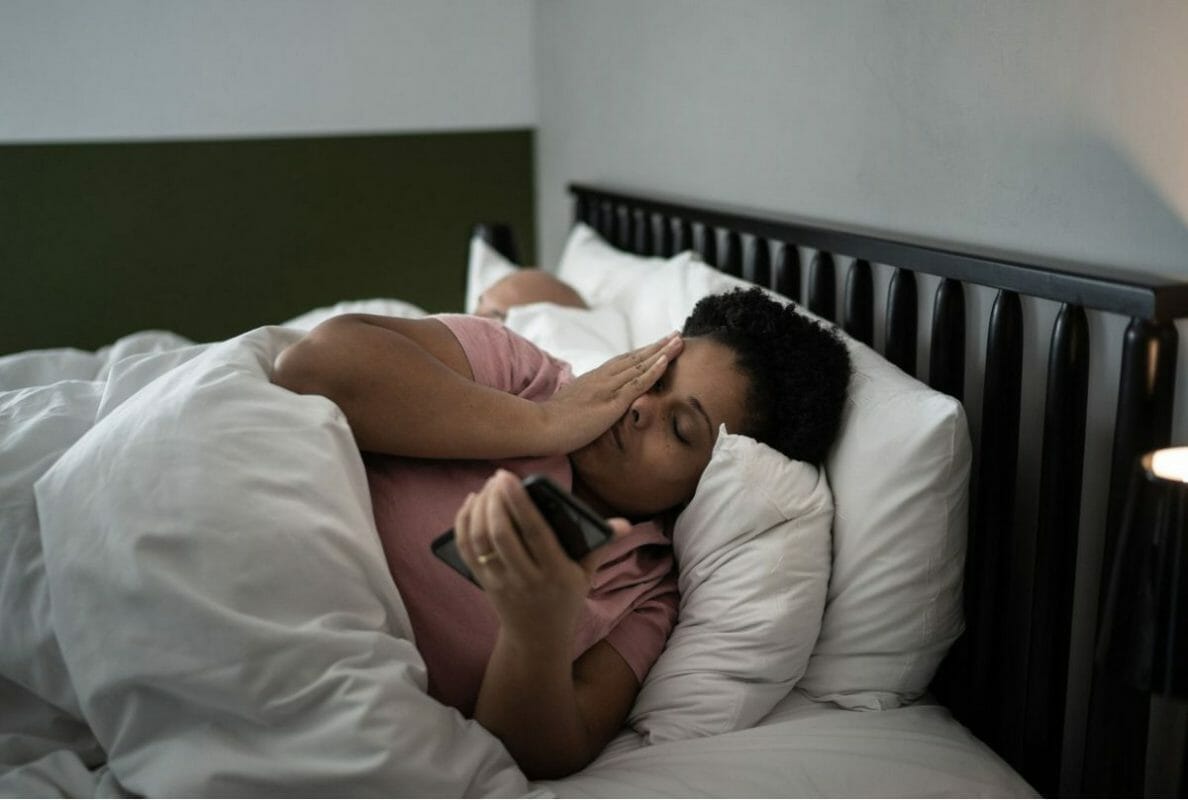Good and adequate sleep is vital for overall well-being and brain function. Poor sleep negatively impacts the brain, biological functions, and the body in general. Most individuals do not have difficulty falling or staying asleep. However, others may struggle with it.
For the most part, your sleep accessories play a crucial role in how you sleep. For instance, ensure your mattress suits your body type and sleep style. Also, check that your pillow matches your sleeping position. But some sleeping issues could be due to sleeping disorders such as snoring by ourselves or our partners or sleep apnea. If your sleep issues are due to snoring, an author from Mewing.coach recommends using the best mouth tape for sleeping. These will ensure that you achieve optimal rest.
However, some people still experience sleeping issues while using suitable bed accessories. In this case, they may need to focus on relaxation. It guarantees fast sleep by preparing the body and mind for sleep. The following adjustments and activities can help you sleep fast and restful.
Establish Consistent Bedtime and Wake Time Routines
Establishing a sleep schedule resets the body’s circadian rhythm which in turn improves sleep. The circadian rhythm is the technique that signals alertness during the day and sleepiness at night. To help the body adjust to a consistent sleep rhythm, adhere to two-hour sleep cycles daily. Additionally, allowing 30-45 minutes to wind down in the evening before bedtime. It gives the body enough time to relax and prepare for sleep.
Turn Off Screens Before Bedtime
Did you know that late-night screen time can hinder fast sleeping? Extending your screen time keeps the mind busy, which in turn keeps you from sleeping fast. Screens also emit blue light, which suppresses melatonin production. This can shift the natural sleep-wake cycle by up to three hours.
Disconnect electronics and put away devices at least two hours before bedtime for better sleep. This creates a quiet, distraction-free sleep environment. It will, in turn, allow faster and more effective sleep.
Practice Yoga and Meditation
Most people experience difficulty sleeping when stressed or anxious. Some proven ways to calm the mind and relax the body are through yoga and meditation. Yoga promotes breathing patterns and body movements, releasing stress and tension. It is ideal for improving your sleep quality, efficiency, and duration.
On the other hand, meditation enhances melatonin levels. It also engages the body’s natural relaxation response and helps the brain achieve a specific sleep state.
Practice the Military Technique
The military technique helps soldiers achieve sleep in two minutes. It involves visualization and relaxation techniques. First, clear your mind and relax your facial muscles. Next, relax other muscle groups like shoulders, chest, arms, and legs. Finally, visualize yourself lying on a couch or bed in a dark room. This technique can help soldiers overcome anxious thoughts and improve their sleep patterns.
Establish a Workout Regimen
Regular exercise helps manage stress and promotes relaxation, which in turn improves sleep quality. But how does it achieve this? First, exercise promotes the production of serotonin in the brain. Second, it reduces cortisol (stress hormone) levels.
Also, note that morning workouts have the most significant impact on sleep. One study found that working out at 7 am improved sleep more than at 1 or 7 pm. However, ensure you keep it simple. This involves simple walking, hiking, cycling, or gentle yoga.
Conclusion
A good night’s sleep benefits both mentally and physically. However, anxiety can make it harder to fall asleep quickly. Natural sleep methods ensure proper rest for both the mind and body. These methods increase the chances of falling asleep without needing sleep aids.


